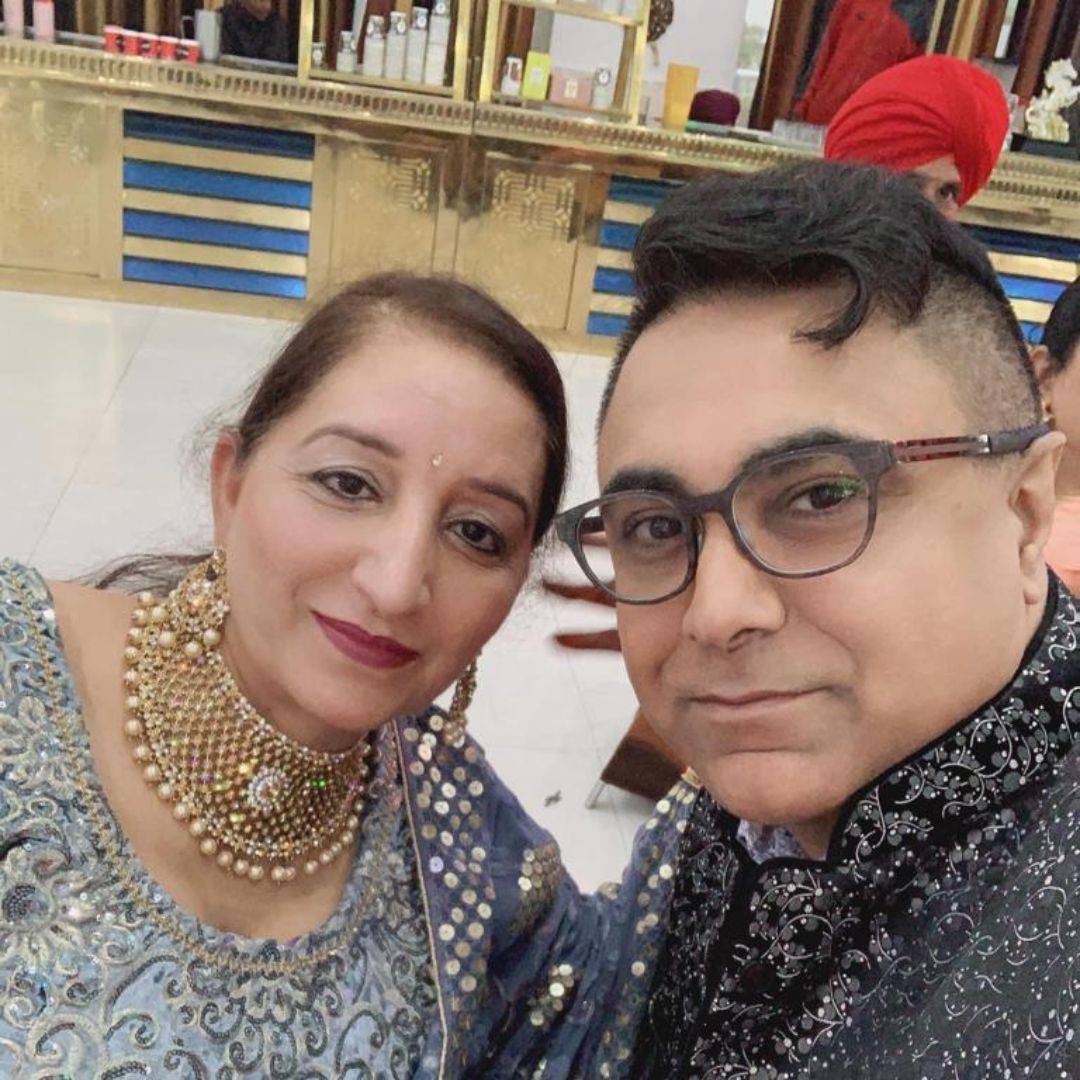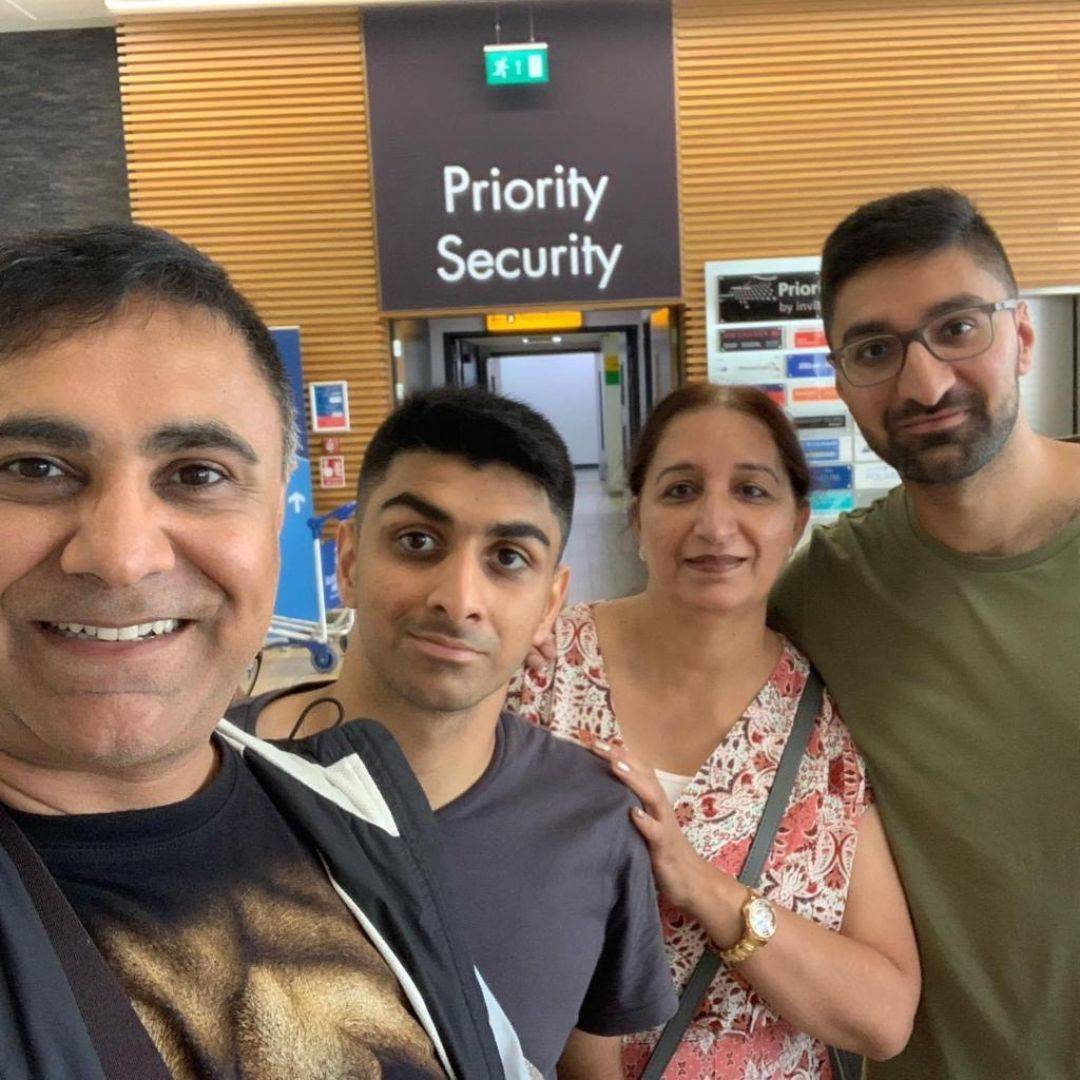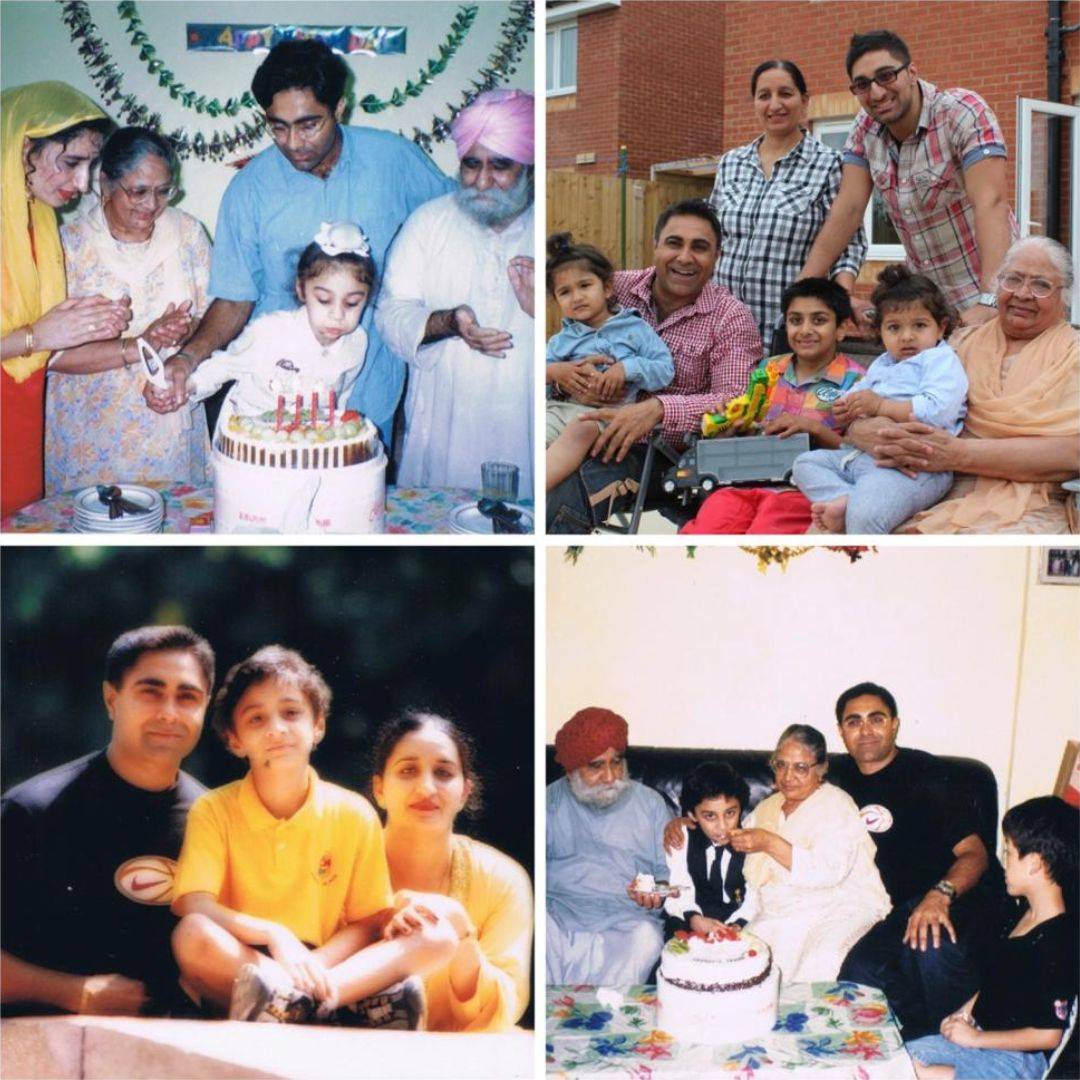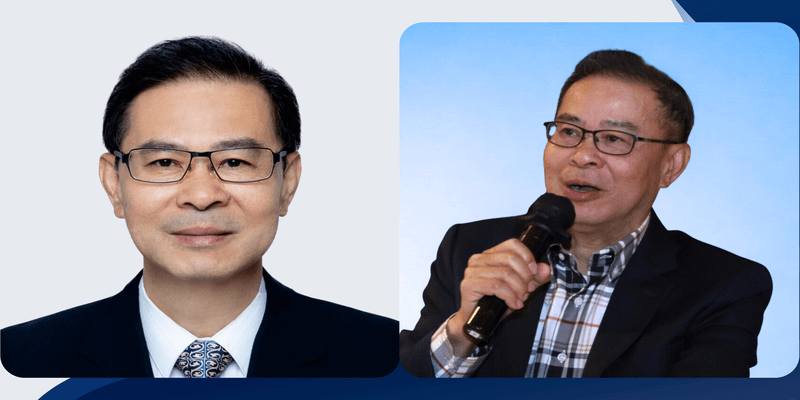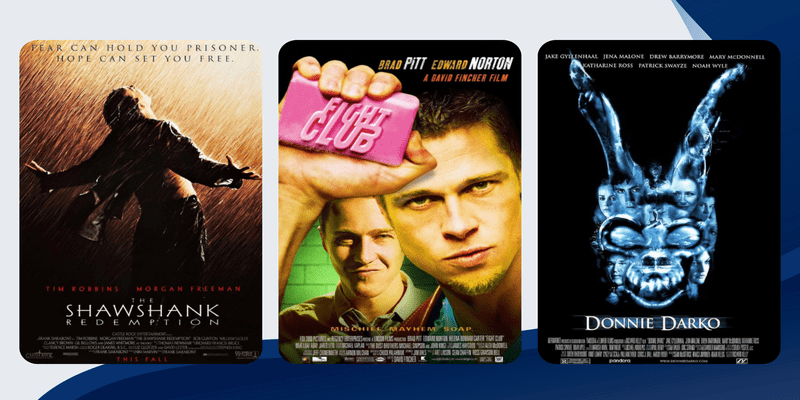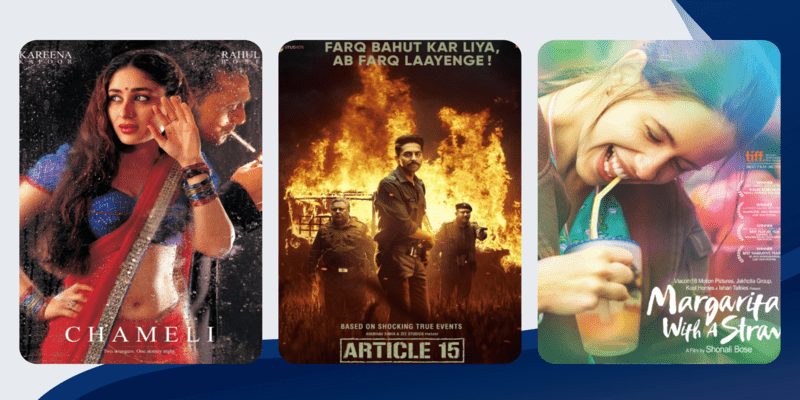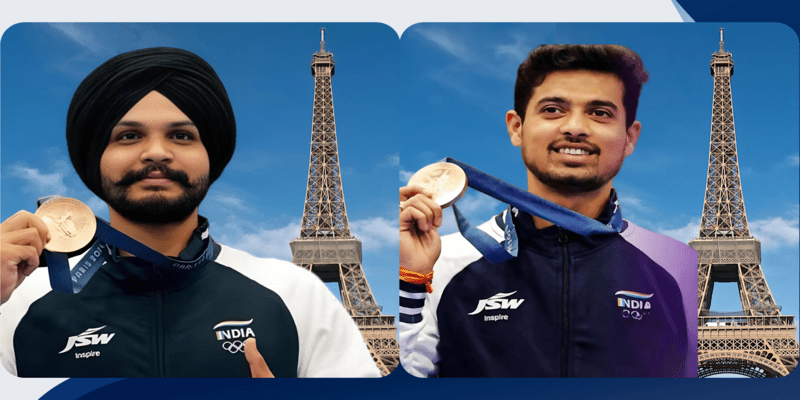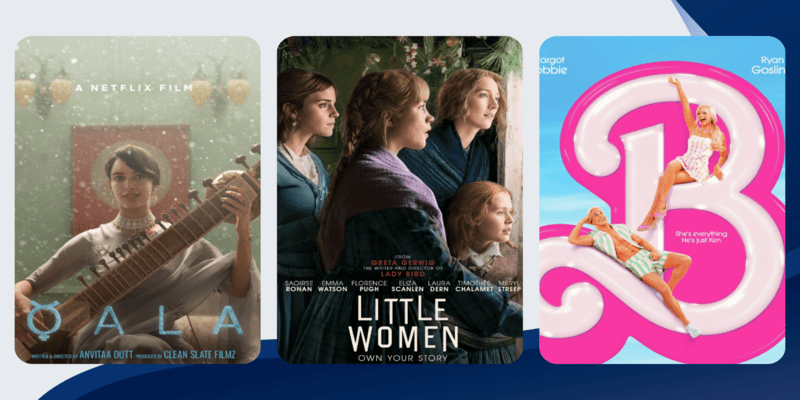The pioneer who set the scene for ethnic minorities
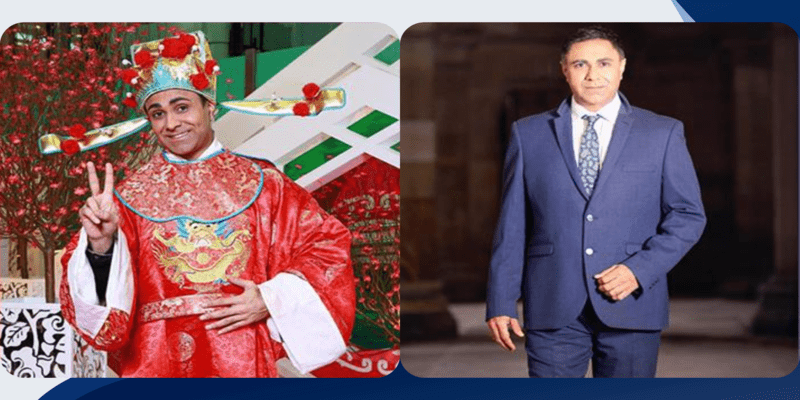
From being an employee in a garments store to being an officer in the correctional services, to eventually entertaining everyone on the big screen with
his humour, Mohinderpaul Singh Gill, better known to locals as Q Bobo, was the first ethnic minority representative in Hong Kong cinema. He caught the public’s attention when he featured on TVB’s game show, Minutes to Fame. Since then, with over 30 shows and 10 movies to his credit, Gill has opened doors for minorities in Hong Kong who feel like they are at a disadvantage while pursuing their dreams in a city dominated by local Chinese.
You worked as an officer in correctional services for 16 years. How was the experience?
I loved to be a disciplinarian when I was young. Initially, I wanted to work in the police force but due to my poor eyesight, I ended up opting for the correctional services. My role was to escort prisoners from one institution to another. There are different types of prisons. There is maximum security, medium security and low security. I got to see many different prisoners during my time there. I didn’t communicate with them that much as I spent most of my time doing external work as opposed to working amongst prisoners. I started working in the Vietnamese Unit because those days, many people came over from Vietnam as refugees. There were many refugees living here then, so the government had set up different institutions.
What is the most important lesson you learned during your time in the correctional services?
Discipline and management. These two skills were an important aspect of the work I did and I applied them to my acting career and life, in general.
When did you decide to give up a stable government job to switch over to acting?
In 2005, I featured in an episode of Minutes to Fame, which was a talent contest similar to America’s Got Talent and Sa Re Ga Ma Pa. I had to perform on the stage and I ended up winning that episode. That’s when it all began. After that, I got several chances to perform in movies, commercials, TV dramas — all kinds of Chinese media entertainment. In the Hong Kong media landscape, they rarely used an ethnic minority as an actor or performer.
It makes sense because only less than eight percent of the population is considered ethnic minorities while the rest are Chinese. To have a minority on screen was a big deal for me.
After I appeared in my first few TV shows and movies, it was a watershed moment in the industry as more and more roles were given to non-Chinese actors. From that one appearance on Minutes to Fame, I was able to build a career. My first movie was Rob-B-Hood with Jackie Chan! It made me
realise that this was something I was good at and actually wanted to do. After that realisation, the decision to quit my job came quite easy. Of course,
it was a little scary to give up a stable career for an industry which is quite unpredictable, but it all worked out.
Before starting your career in the entertainment industry, did you have any prior experience in acting or any other related field?
No, I did not have any prior experience, education or training in acting and performing. I was always very energetic during my school days as a youngster. Honestly, I was just being me — energetic and active. I took those parts of my personality and showcased them. After work at the correctional services, I would go out and sing karaoke with friends, so that probably helped with my performance. Because I loved singing karaoke so much, my friends suggested that I should try my luck in Minutes to Fame. They realised it at the time that an ethnic Indian singing in Cantonese would be a great attraction and might just work. Little did they know, how right they were.
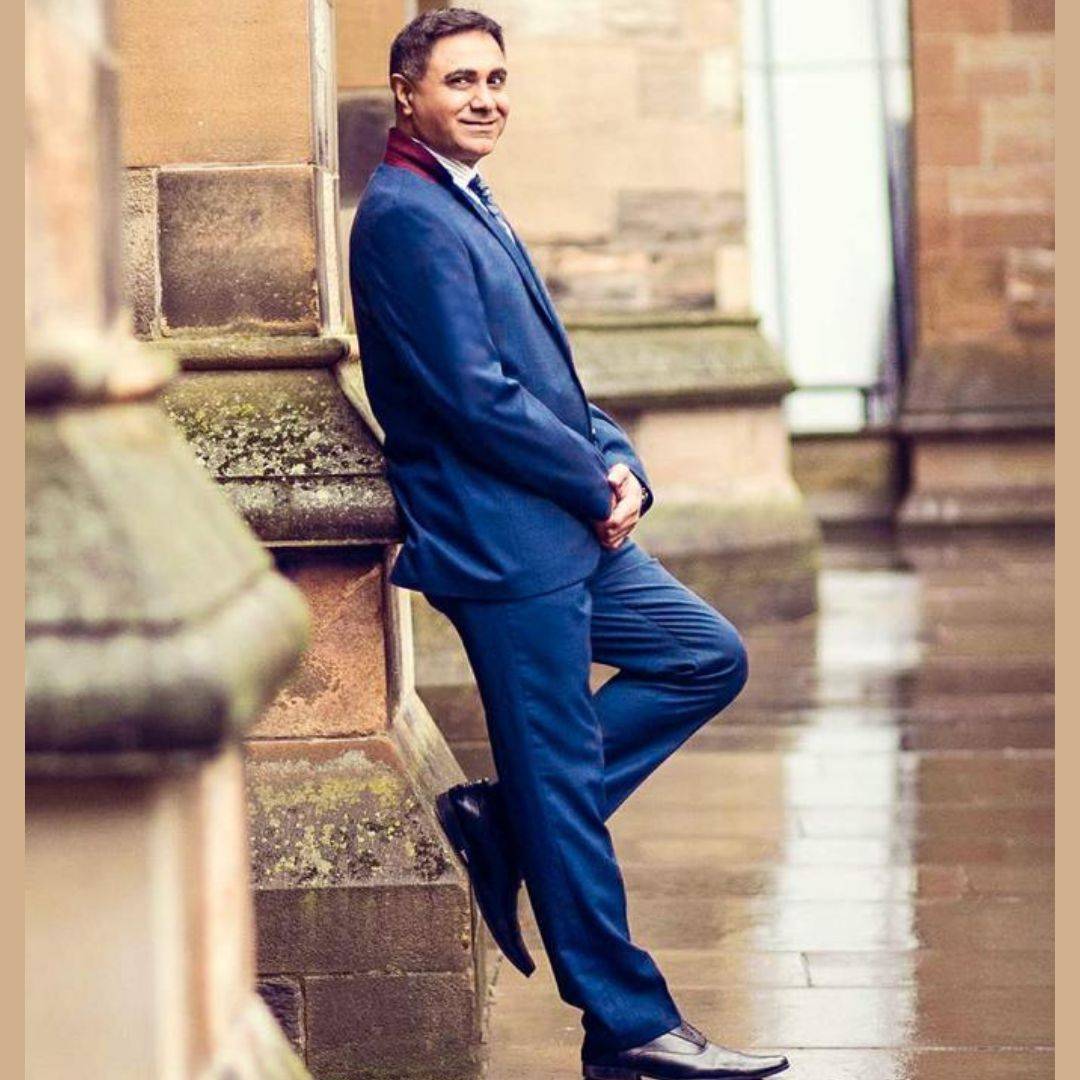
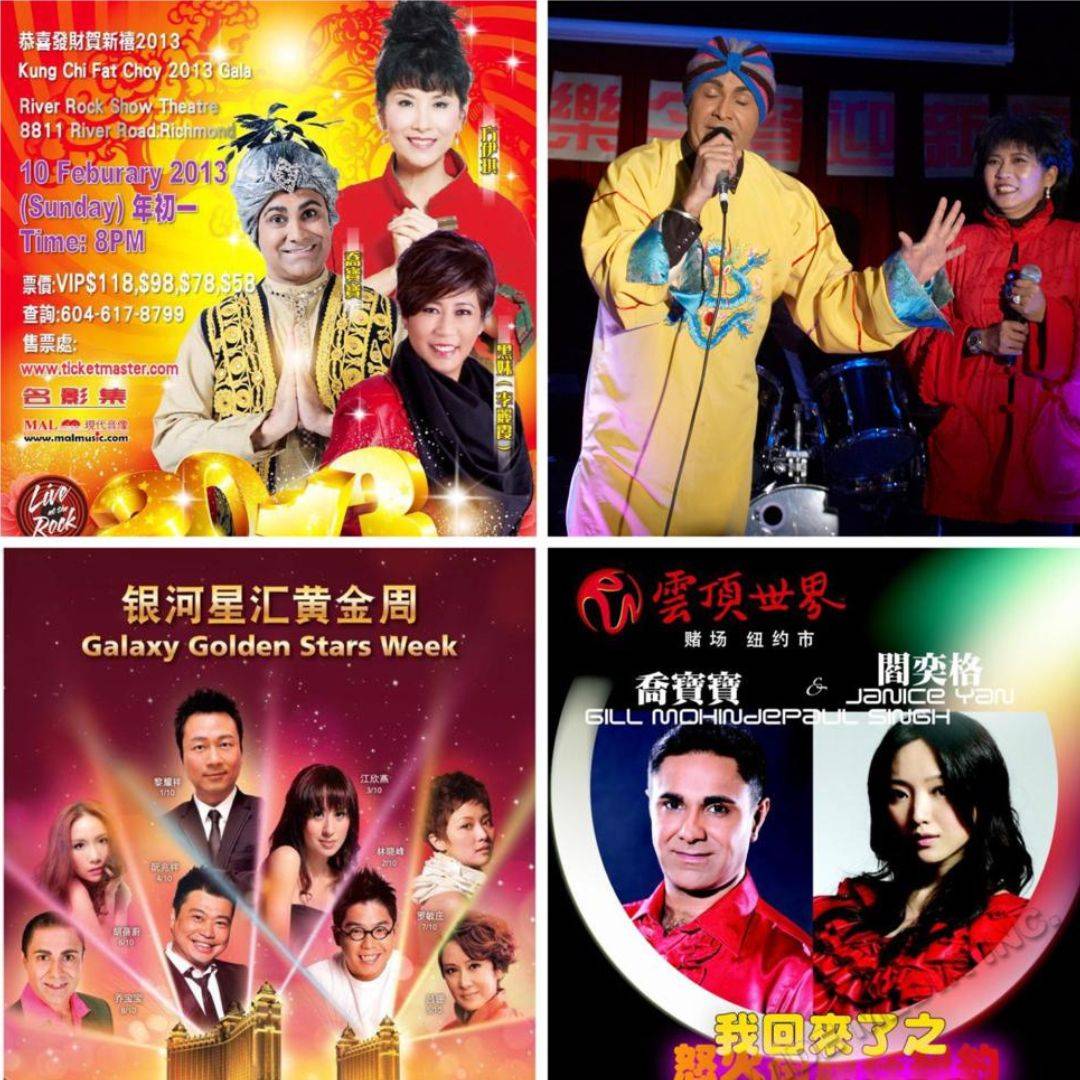
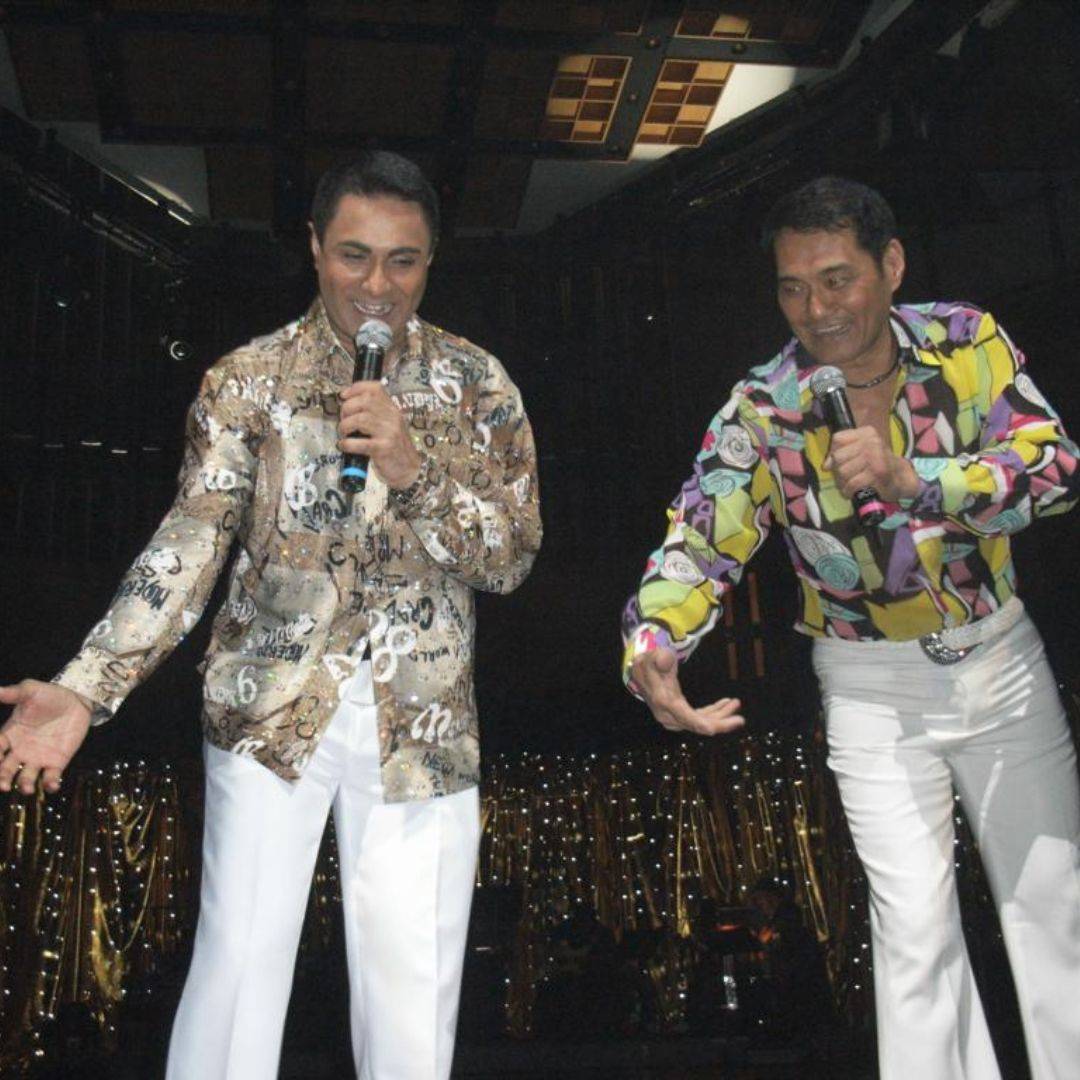
What was your family’s reaction when you told them you were quitting your job to pursue acting?
They told me to think twice. I had a lot of benefits from my government job such as housing, medical and education allowances. On the other hand,
in the entertainment industry, you have a few years to truly make your mark and earn enough to support your family. There is a small window of opportunity. After it disappears, finding good opportunities becomes difficult. At that time, there weren’t any other Indian actors from ethnic minorities
in the Hong Kong film industry and that was a major factor. I consulted many people around me for their opinions and I did not take this decision lightly as my future and the future of my family depended on it. I knew that if I really gave it a shot, I would have the opportunities to prove myself.
Did you ever feel that you were offered stereotypical Indian roles?
Yes, in the beginning, it was something like this. I would only get small roles that were not very interesting or had depth. But after I became a seasoned campaigner, things got much better. I was offered roles that were more challenging and had depth. To be honest, it comes with experience. The people in charge of casting want to make sure that you can execute the role perfectly. The more work you have under your belt, the more proof and validation you can offer to them.
Since you started acting, have you noticed any changes in the perception of Indians and other South Asians in the eyes of the locals?
Yes, there has been a big change. Before, they did not know much about our culture. But after I came on the scene, they got more familiar with it.
In a way, my being a part of Hong Kong cinema was an opportunity for locals to see us in a different light. They got exposure to our culture, way of living and habits. The locals were exposed to the variety of different cultures that we have — Hindus, Sikhs and Muslims. Now, locals come to me to learn more about my culture which has been amazing.
Growing up, were you a big fan of Chinese movies, shows and music?
Oh definitely. I watched many movies be it Bruce Lee’s Kung Fu flicks or Jim Carrey and Stephen Chow’s comedies. My friends and classmates in school helped me learn Cantonese and the movies were an added bonus. I do watch Bollywood films here and there but my main love is Chinese
cinema and television.
Is there any chance that you might make a comeback in this industry?
I would like to… but it has been a long time since I have been separated from my family. I would like to give more of my time to them as they are my priority. However, if there is a big role or project available, I will surely consider it.Who or what was the inspiration behind your book, ‘Made in Hong Kong’?
The book is all about ethnic minorities in Hong Kong — how they do what they do, how they survive and what made them choose Hong Kong as their homes. It is a case study of a few ethnic minorities in Hong Kong for a closer look at their lives. For example, it features a Pakistani girl who is very intellectual and smart but for some reason could not get a HKSAR passport. There are five of us in total, featured in the book. One of them is Vivek Mahbubani, the famous Indian comedian based in Hong Kong.
There is also the story of the social worker, Andrew. He partakes in community work for the welfare of minorities and refugees. I wanted to show the diverse diaspora that is present in Hong Kong and how their stories intertwine. With this book, my main aim was to show that ethnic minorities and
the work that they do is an important cog that keeps Hong Kong running smoothly.
Do you think ethnic minorities have an important role in 21st century Hong Kong?
Yes, of course. There is a chance to make a difference every day. It also depends on how the government and the locals view and treat us. There have been some recent cases of refugees getting involved in illegal activities which has harmed our reputation. But we have built a good reputation in the last 150 years and I am sure we will continue building our legacy in the years to come.
As a representative of the Indian community in Hong Kong, how have you tried to help people in need due to the recent virus outbreak?
I am distributing masks to the community… especially to the elderly who are most vulnerable to the virus. My good friend, Mr. Kulddeep Buttar
has been doing a lot of work in this regard with his non-profit organisation Singh Welfare. He called me to assist with the social drives and I was very happy that I could help Hongkongers in any way possible. Sikhs around the world participate in a lot of voluntary work to help those in need. One of the main teachings of Sikhism is to protect the weak and serve the poor. I am just keeping in line with my religious background to help others. I have been trying my best to help others in the last 40 years and I wish to continue doing the same as long as I can.
Any advice for someone who would want to get into acting without any degree/training?
You have to love acting. Without passion, it will be hard to sustain yourself. Also, you have to immerse yourself in the art form. You need to watch
as many movies and shows as you can. Study how the masters do it. If you do not want to attend any courses, you are fully responsible for your education. Studying professionals is very important. Notice the little decisions that the director made with the shot selection. Try to get in the mind
of the director to figure out their reasoning behind each decision in the movie. There are no accidents — everything is planned so be on the lookout.
I learned on the job. So, if you get the chance to be around a shooting set, truly observe and take notes.
